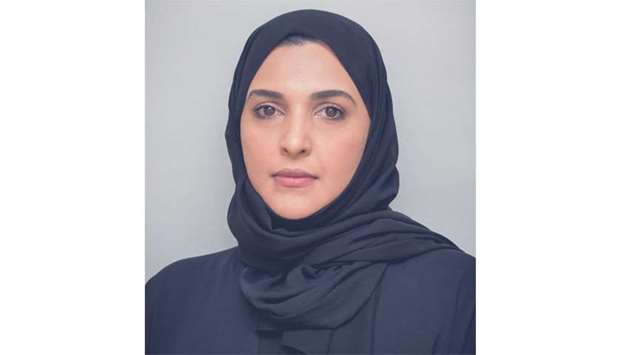*NHRC monitoring any attempt by UAE to circumvent the UN court verdict
The National Human Rights Committee (NHRC) has renewed its call to Qatari people who want to go to the UAE in order to rejoin their families, complete their education, obtain their records, access their property, or those who want to resort to UAE courts, to reach out to the committee.
The committee also urged them to document any obstacles that would prevent them from accessing their rights in accordance with the verdict of the International Court of Justice (ICJ) that ruled against the UAE in line with Article 22 of the Convention on the Elimination of All Forms of Racial Discrimination.
Stressing that it will continue to monitor closely any attempt to put obstacles by the UAE authorities in front of the Qatari citizens who have been supported by World Court, the committee said that the decision of the International Court of Justice was a first step on the road to redress all victims affected by the blockade.
In a statement, Secretary-General of the NHRC Mariam bint Abdullah al-Attiyah said the committee has dedicated hotlines and specialists to assist Qatari citizens in case they suffer from any harassment by the UAE authorities. Qatari citizens can call 974 + 972-33296666 to report violations or attempts to circumvent the verdict of the International Court of Justice by the UAE. These numbers are set apart for monitoring and documenting cases that might result from such violations or objections.
Al-Attiyah pointed out that there are three other hotlines to receive complaints of violations from other blockading countries other than the United Arab Emirates. These numbers are: 0097466626663, 0097450006008 and 0097450800006. She has called on all media outlets to publish these numbers to help those who want to get in touch with the NHRC.
The International Court of Justice (ICJ) on Monday issued an order granting Qatar's request for provisional measures against the United Arab Emirates (UAE) in a case relating to the UAE's unlawful and discriminatory treatment of Qatari citizens.
The court's order requires the UAE to immediately allow Qatari-UAE mixed families, who were separated due to UAE procedures, to reunite.
The ICJ also said Qatari students should be given the opportunity to complete their studies in the UAE or to retain records of their studies to be able to continue their education elsewhere. The court also ruled that Qataris should be allowed access to judicial services in the UAE.
Qatar had moved the ICJ against the backdrop of discriminatory measures imposed by the UAE against Qatari nationals since June 2017.
The measures included the forced expulsion of all Qatari nationals from the UAE within two weeks, banning them from entering or passing through its territories and closing UAE airspace and seaports to Qatar.
In its complaint, Qatar said that the UAE has deprived Qatari companies and individuals of their property and deposits, and rejected their basic access to education, treatment and courts in the UAE. Through the ICJ, Qatar demanded that the UAE return all the rights to Qataris and compensate them for the damages.
The UAE's actions have been widely condemned by numerous independent human rights organisations.
The ICJ found that the measures enacted by the UAE authorities on June 11, 2017 were intended only for Qatar nationals, which amount to racial discrimination.

